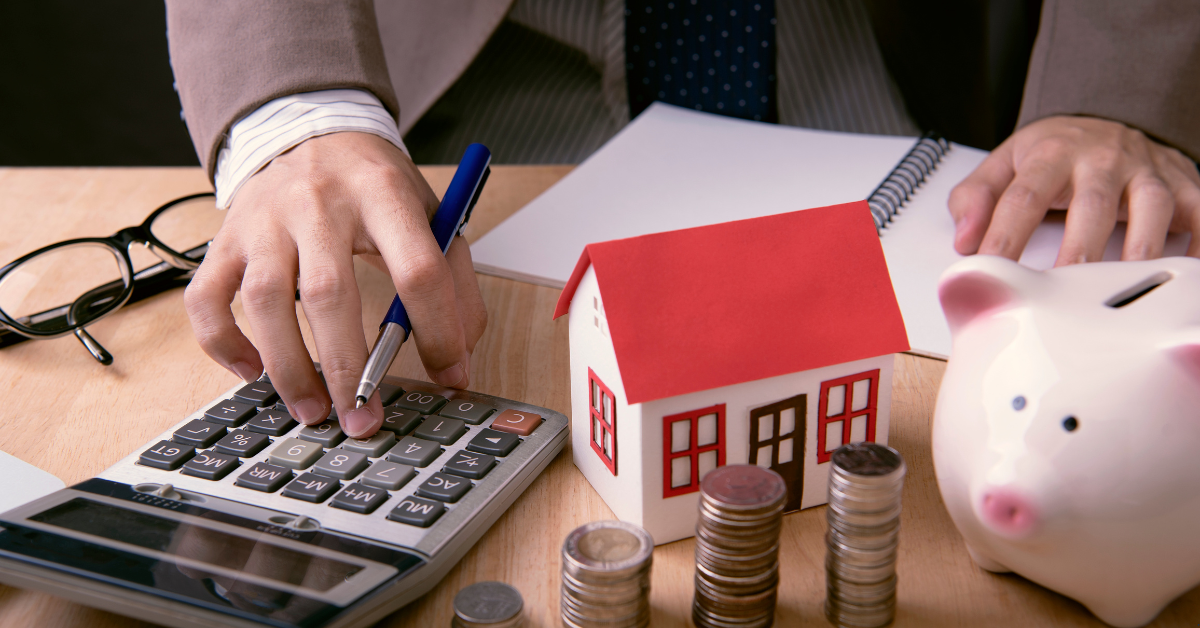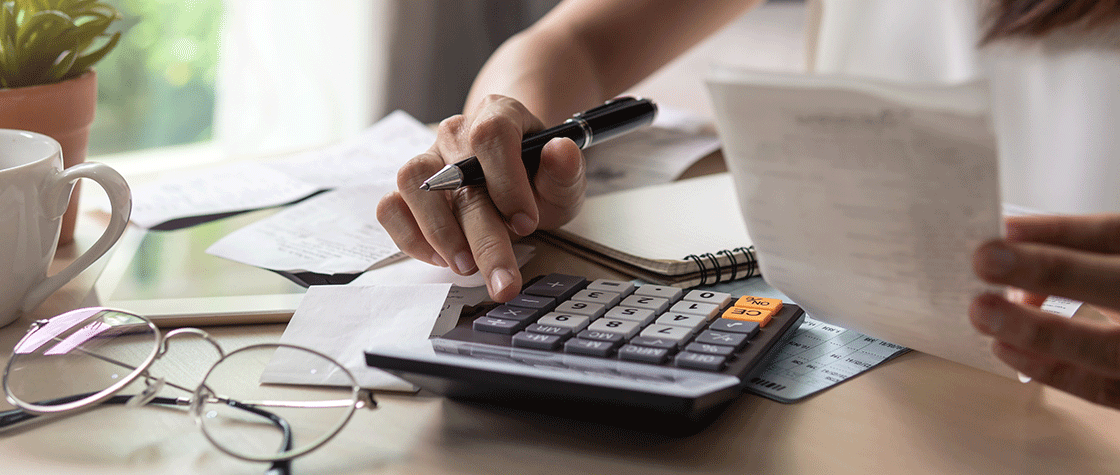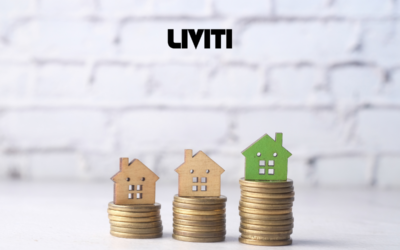Want to start investing in property and you have a monthly income of $7000? Let’s get started!
Many individuals believe that substantial capital is necessary to enter the property market, which can deter those earning a modest salary. However, with a monthly income of AUD $7,000, it is entirely feasible to begin investing in property.
In this article, we will guide you through the essential steps, strategies, and considerations for starting your property investment journey.

Understanding Property Investment
Property investment involves purchasing real estate with the expectation of generating income or capital appreciation.
Property investment in Australia consists of-
- Residential Properties
- House and Land Packages
- Dual Occupancy Homes
- NDIS Properties etc.
The goal is to leverage your investment to create a steady stream of income, while also benefiting from potential average increase in property value over time, boosting your capital gains on investment property.
Setting Your Financial Foundation
Before buying an investment property, it’s crucial to assess your financial situation. Here are some key steps:
- Budgeting: For example, with a monthly salary of AUD $7,000, your annual income is approximately AUD $84,000. After paying tax, this may leave you with around AUD $65,000 to AUD $70,000, depending on your deductions and tax bracket.
- Savings: Aim to save a portion of your income each month. A good target is 20%, which would be AUD $1,400 monthly, leading to AUD $16,800 annually. This savings can be used for the deposit on your first property.
- Emergency Fund: Establish an emergency fund to cover at least three to six months of living expenses. This fund will provide financial security as you navigate the property investment landscape.
- Credit Score: Maintain a healthy credit score to secure better mortgage rates. Regularly check your credit report and rectify any discrepancies.

Exploring Property Investment Options
When purchasing an investment property, and with your financial foundation in place, consider the various types of property investments available:
Residential Properties
Investing in residential properties is the most common entry point for new investors. You can start by looking for affordable homes in emerging suburbs. Properties priced under AUD $500,000 can be a good starting point.
House and Land Packages present an appealing option for many homebuyers and investors due to their affordability and the opportunity to acquire a new home that adheres to contemporary standards.
These packages typically include both the purchase of the land and the construction of a new home, often resulting in cost savings compared to buying land and building a home separately.
Additionally, Dual Occupancy Homes allow you to rent out two separate dwellings, maximising rental income.
These properties are designed with two separate living units, which can be rented out individually. This setup allows investors to increase their rental yield by generating income from both dwellings rather than just one on the same piece of land.
NDIS Properties
NDIS investment properties (National Disability Insurance Scheme) can be a highly advantageous strategy for investors seeking stable and reliable returns.
NDIS Housing offers various financial incentives and subsidies to property owners. This support not only helps to cover some of the costs associated with modifying or maintaining these properties but also provides additional financial stability.
Investment properties designed to meet NDIS standards are often leased to tenants under long-term rental agreements, which can offer consistent and predictable rental income.

Financing Your Investment
Understanding how to finance your property investment is vital. Here are some investment property financing options:
Home Loan
Most investors will require a mortgage. With a deposit of 20% (AUD $100,000 for a AUD $500,000 property), you can secure a loan for the remaining amount.
Investment Loans
Investment Property loans may have different criteria compared to standard home loans. Consult with a mortgage broker to find the best options.
First Home Owner Grant
If you’re a first-time buyer, check if you qualify for any state or federal grants to assist you in buying an investment property.
Self Managed Super Funds (SMSF)
An SMSF allows you to control your retirement savings but requires setting up a trust deed, registering with the ATO, and appointing trustees. An SMSF allows you to purchase an investment property using your superannuation funds. Contribution limits do apply however, so staying updated is essential.

Lenders Mortgage Insurance (LMI)
What is Lenders Mortgage Insurance?
Lenders Mortgage Insurance (LMI) is often required when your deposit is less than 20% of the property’s value. This insurance protects the lender if you default on your loan. While it adds to your upfront costs, it enables you to purchase a property with a smaller deposit. To avoid LMI, aim to save a larger deposit or explore loan options that might not require it.
In the context of starting your investment property journey, consider LMI as part of your overall financing strategy. It can influence your decision on how much deposit to save and which loan products to consider.
Read More: Understanding Lenders Mortgage Insurance (LMI) for Smart Property Investment
Calculating Investment Returns
Understanding the potential returns on your investment is vital. Consider the following example:
Property Purchase Price: AUD $500,000
Rental Income: AUD $25,000 annually (approximately AUD $480 per week)
Expenses: AUD $15,000 annually (including mortgage interest, property management fees, maintenance, and investment property insurance)
Net Income: Net Income=Rental Income−Expenses=$25,000−$15,000=$10,000
Cash Flow: If your mortgage repayments are AUD $20,000 annually, your cash flow would be:
Cash Flow=Net Income−Mortgage Repayments=$10,000−$20,000=−$10,000
In this scenario, you would have a negative cash flow initially. However, as property values increase and rental income rises, this can turn into a positive cash flow over time.

Building a Property Investment Strategy
Research
Thoroughly research the property market in your desired area. Look for growth trends, infrastructure developments, and demographic shifts that indicate potential for appreciation. These improvements often enhance property values and make areas with significant development plans attractive for investment.
Networking
Building a strong network within the property investment community can provide substantial benefits. Participating in property investment seminars, workshops, and conferences can further your knowledge about-
- Market conditions,
- Investment strategies, and
- Other emerging opportunities.
Networking can provide valuable insights and opportunities about the property market.
Professional Guidance
Consider consulting a property investment advisor or a financial planner to help you navigate your options. They can help you identify potential investment opportunities, assess risks, and develop a plan aligned with your financial goals, curating a smart property investment.
Diversification
As you grow your portfolio, consider investing in different types of properties, such as residential, commercial, and industrial, to spread risk across various market segments. This approach helps mitigate the impact of fluctuations in specific property types and ensures a balanced portfolio.
Managing Your Investment Property
Once you have acquired your property, effective management is key to ensuring its success.
Property Management

One of the first decisions you’ll need to make is whether to manage the property yourself or hire a professional property management company. Managing the property on your own means you’ll handle all tenant-related responsibilities, including finding and screening tenants, collecting rent, and addressing any issues that arise.
You will also be responsible for routine and emergency maintenance, as well as ensuring compliance with local laws and regulations. This hands-on approach can be time-consuming but gives you complete control over your investment.
Regular Maintenance
Maintaining the property in good condition is essential for attracting and retaining quality tenants and preserving its value. Regular maintenance involves scheduling routine inspections to identify and address any issues before they become major problems.
This includes performing necessary repairs, upgrading appliances or fixtures as needed, and keeping the property clean and well-maintained. Proactive maintenance not only helps in retaining tenants but also ensures that the property remains appealing and functional, which can positively impact its market value over time.
Monitoring Market Trends
Stay informed about changes in the property market, interest rates, and economic conditions that could impact your investment. Monitor changes in the property market, such as fluctuations in property values, rental demand, and shifts in tenant preferences.
Read More: Australian Rental Market 2024: Surprising Trends and Bold Projections
Keeping track of these trends allows you to adjust your strategies accordingly, whether that means changing rental rates or making property improvements. Additionally, be aware of economic conditions and changes in interest rates, as these factors can impact your investment’s profitability.
Tax Implications and Benefits
There are several valuable tax deductions available for investment properties that are worth considering.
Deductions
You can claim various deductions to improve your financial outcome, such as-
- Mortgage interest, which is a major expense,
- Property management fees for hiring professionals, and
- Maintenance costs for repairs and upkeep.
Additionally, depreciation on investment property allows you to claim the decline in value of your property and its assets over time.
Capital Gains Tax (CGT)
When selling your investment property, you may be liable for capital gains tax on investment property. Capital gains tax on your investment property is assessed on the profit made from the sale, which is the difference between the property’s sale price and its purchase price, adjusted for any allowable expenses or deductions.
Top Investment Opportunities
These are the top investment opportunities in Australia with the highest rental yield:
Sydney
Property investment in Sydney remains a top opportunity due to the city’s strong economic fundamentals, high demand for real estate, and consistent capital growth.
Unit rental yield: 4.3%
House rental yield: 2.9%
Gold Coast
Property investment in the Gold Coast Queensland offers attractive prospects with its appealing lifestyle, growing population, and strong rental demand.
Unit rental yield: 4.9%
House rental yield: 3.5%
Melbourne
Property investment in Melbourne presents significant opportunities due to the city’s diverse economy, robust population growth, and high demand for residential properties.
Unit rental yield: 4.9%
House rental yield: 3%
Conclusion
Investing in property on a monthly salary of AUD $7,000 is not only possible but can also be a strategic move towards financial freedom or independence.
By establishing a solid financial foundation, exploring various property investment options, and employing sound management practices, you can build a successful portfolio that generates passive income.
Top Frequently Asked Questions (FAQ)

1. What is property investment?
A: Property investment involves purchasing real estate to generate income or capital appreciation.
2. How can I buy an investment property?
To buy an investment property, start by budgeting, researching and secure a mortgage pre-approval if you need financing. Once you find the right property, negotiate and make an offer.
3. Can I invest in property with a low income?
A: Yes, with careful budgeting and planning, property investment is possible even with a modest income.
4. What types of properties can I invest in?
A: Options include residential homes, dual occupancy homes, and NDIS properties.
5. How do I finance my property investment?
A: You can use home loans, investment loans, or government grants to finance your purchase of an investment property.
6. Can I use my super to by an investment property?
A: Yes, you can buy investment property with your superannuation through an SMSF, provided it meets certain conditions.
7. How much is lenders mortgage insurance?
A: When calculating Lenders Mortgage Insurance (LMI), it will typically be between 0.5% and 2% of the loan amount, depending on the size of the deposit and the loan. The exact cost can vary based on the lender and your specific loan details.
8. What are the tax benefits of property investment?
A: Investors can claim deductions on expenses like mortgage interest and property management fees.
9. What is capital gains tax?
A: CGT on investment property applies to the profit made when selling.
10. How do I avoid capital gains tax on investment property?
A: To avoid capital gains tax on an investment property, use tax exemptions available for your primary residence if applicable, and explore tax-effective structures or superannuation investments.
11. How can I calculate my investment returns?
A: Subtract your expenses from your rental income to determine your net income.
12. Should I manage my property myself?
A: It depends on your experience and time availability; hiring a property manager can simplify the process.
13. Is property investment risky?
A: Like all investments, property investment carries risks, but thorough research and management can mitigate them.
14. How much can I borrow for an investment property?
A: The amount you can borrow for an investment property depends on several factors. Consulting a mortgage broker can help you get a precise estimate based on your financial situation. Investment property lending rates vary also.
By following these guidelines and capitalising your income effectively, you can embark on a successful property investment journey that aligns with your finances and goals.




